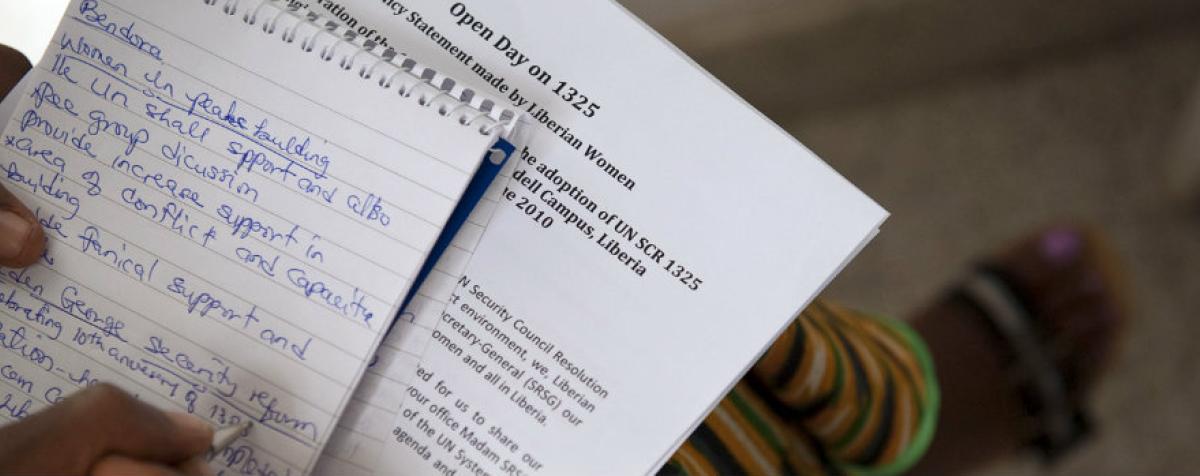Patrick Pierson, When Strangers Come to Town: A New Way of Thinking About South Africa's 'Xenophobia' Problem
October 2017
Much has been written about the prevalence of anti-foreigner violence in South Africa. Despite an abundance of theories and proffered explanations, violence persists. Departing from prevailing analyses, I suggest that purported xenophobic events are overdetermined and manifest under conditions of contested social belonging and permissive opportunity structures; this is not unique to xenophobia, but anticipates collective violence more broadly across contexts, countries, and cultures.
Lee Cotton and Cassy Dorff, The Mexican Criminal Conflict: The Government's Response to an Evolving Crisis
June 2016
Our research employs a network analysis approach to confirm other analyses that suggest Calderón's deployment of 10,000 soldiers and nationwide employment of federal police did not eliminate the four primary cartels, but instead caused them to fracture into more volatile organizations, increasing competition between armed groups and elevating violence against civilians.
Marie Berry and Trishna Rana, Barriers to Women's Progress After Atrocity: Evidence from Rwanda and Bosnia-Herzegovina
June 2016
War can sometimes open unexpected opportunities for women to increase their political mobilization. Yet how is this mobilization maintained? We explore the processes that have emerged to undermine or limit women's mobilization in Rwanda and Bosnia-Herzegovina. Despite the change war precipitated in women's lives, the domestic state, international actors, and patriarchal structures complicated and restricted women's gains.
Steven Zech UNGASS 2016 and Drug Policy in America
March 2016
In April 2016 a United Nations General Assembly Special Session (UNGASS) will convene to evaluate system-wide UN drug policies. Current policies have had little impact on efforts to lower drug production, to curtail drug usage, or to reduce the negative social and public health effects.
Oliver Kaplan and Natalie Southwick, Walls as a Nonviolent Strategy in Armed Conflict
October 2015
Whether constructed and enforced by state institutions, international organizations, or civilian groups, walls are more than physical barriers. Their social significance reinforces their physical presence and they can therefore be powerful symbols that demarcate physical, political, social, and humanitarian boundaries. While they can keep populations safe, they can also reinforce divisions between them.
Erica Chenoweth and Laura Dugan, Repressive Efforts are Consistently Counterproductive in Reducing Al-Qaeda Inspired Violence against Canadians
August 2015
When the Canadian government adopts a more conciliatory posture toward ending terrorism, we see that the number of violent incidents toward Canadians declines. This analysis provides evidence for the notion that carrots, rather than sticks, may be effective tools in the continuing fight against violent extremism.
